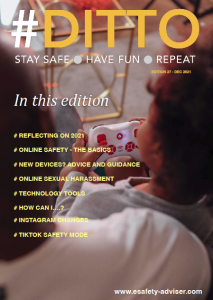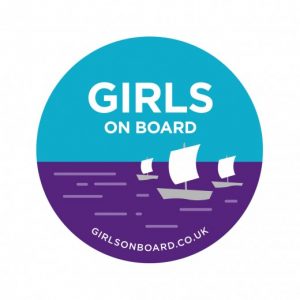
We all know how important the Internet is to children; they use it to learn, play and socialise. It offers amazing opportunities for children to discover new things but it can also be the place where children could face bullying, contact from strangers or see inappropriate content.
Safer Internet Day 2023
St John’s support Safer Internet Day during February when pupils look at the different areas to do with Internet Safety. Please find below some helpful factsheets regarding Safer Internet Use:
Learn more and get involved – Safer Internet Day 2022
Organisations and resources for parents and carers
Parents’ Guide for Safe YouTube and Internet Streaming for Kids
What parents need to know about TikTok

What Are Social Media Age Restrictions?
In real life or online, age restrictions are about keeping children safe until they are old enough to engage with an activity with complete awareness of what they are letting themselves in for.
- Twitter, Facebook, Snapchat, Instagram, Reddit, Tumblr, Google+, Pinterest and Yellow have a minimum age requirement of 13.
- YouTube and Flickr are 18, although children aged 13 can sign up to YouTube with parental permission.
- You have to be 16 to sign to WhatsApp.
Advice about key social media platforms and apps
How do you help your child stay safe online?
Just like in real life, as professionals and parents/carers, our duty is to keep our children safe and the following ideas may be useful to you to teach, guide and support their online journey.
- You can download a simple checklist that may help you start to protect your children online.
- You can also visit:
this site was founded by BT, Sky, Talk Talk and Virgin Media with the BBC and Google recently joining them in offering advice on setting parental controls cyber bullying, sexting…
Or UK Safer Internet Centre on how to set up filters on your home internet to help prevent age inappropriate content being accessed on devices in your home.
As a well-informed parent/carer, you can then show your child how to:
- set privacy settings
- report people and inappropriate conversations via “help” or “report” tab
- block or ignore people on social networking sites and online games
- set boundaries about which sites they can use and for how long.
How do you talk to your child about staying safe online?
Having an open discussion with your child about the possible dangers of new technologies could be useful. Childnet has compiled a list of questions which you can find here. Or, if you prefer, you can use the NSPCC parent resources.
Childnet has also produced a guide which we sent home last academic year and also a leaflet about Online Gaming.
Parent Zone
Parent Zone sits at the heart of modern family life, providing advice, knowledge and support, to shape the best possible future for children, as they embrace the online world.
DITTO Magazine
DITTO is a free online safety magazine for schools and parents. The magazine goes out to thousands of the schools in the UK to inform children and their parents about E safety. It also recently added an edition of DITTO Junior: articles written by children and young people – online safety in their own words.








